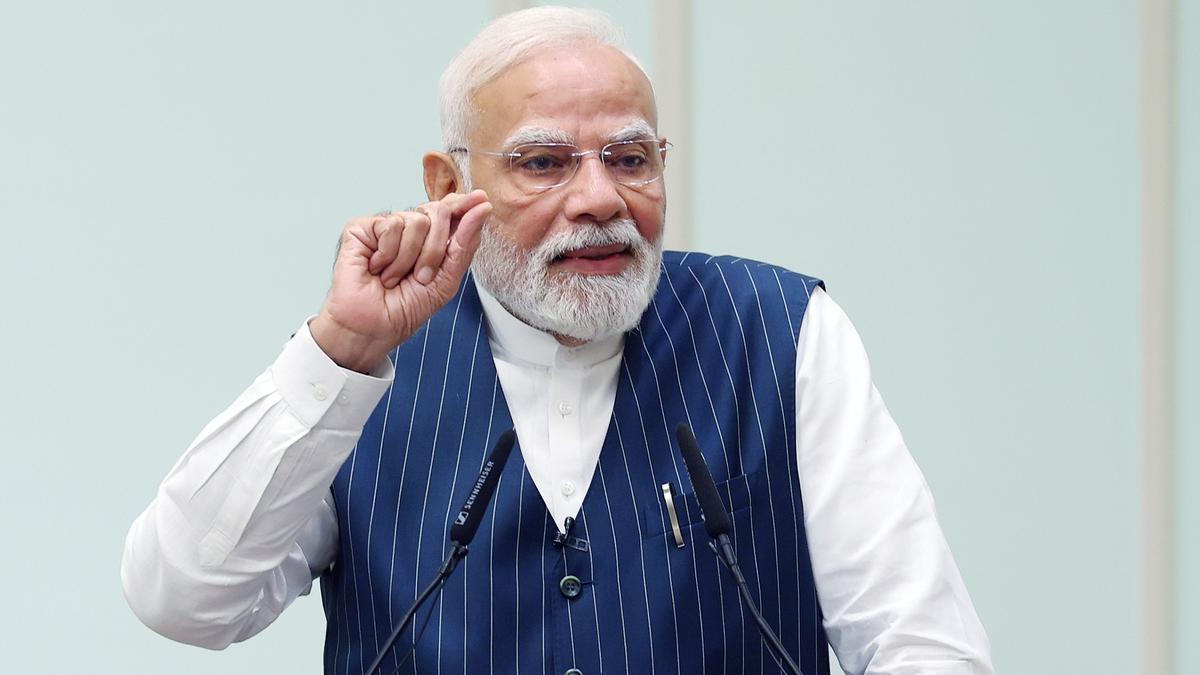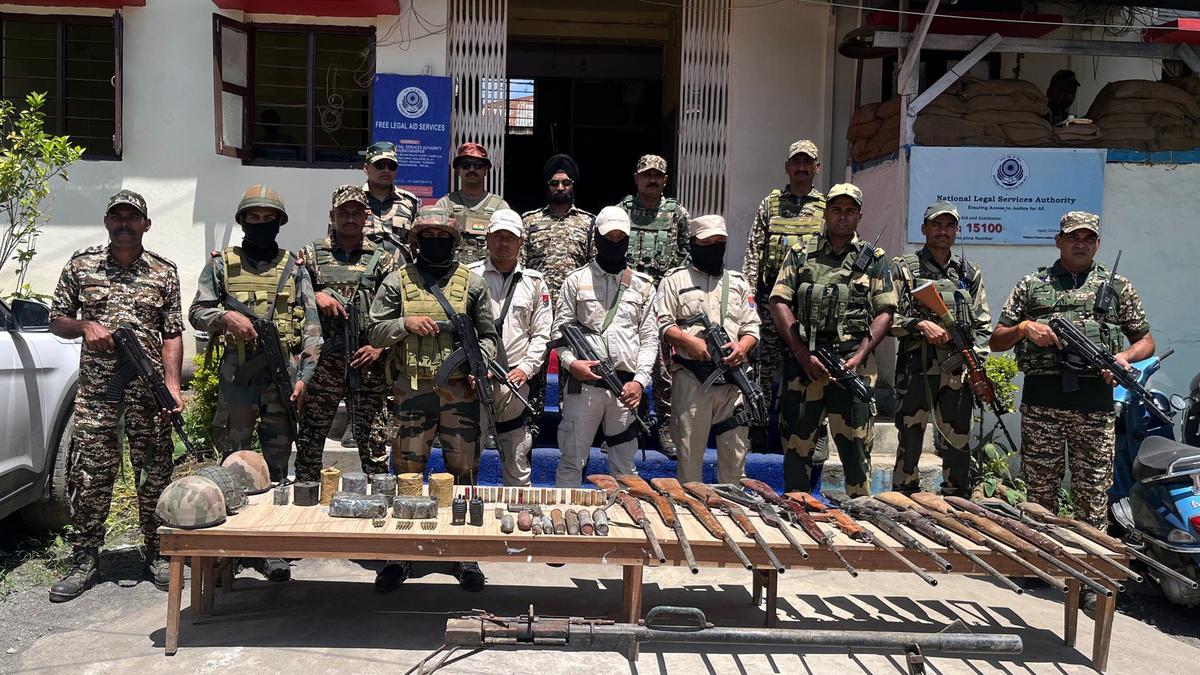A recent study by an environmental outfit and a non-profit organisation, ‘Poovulagin Nanbargal’, has found that extreme heat stress levels that prevailed during Tamizhaga Vettri Kazhagam (TVK) conference held in Madurai on August 21, 2025 were high enough to cause fainting within an hour and potentially death within 30 minutes of exposure.
This incident is only part of a growing pattern of heat-related tragedies in Tamil Nadu and across India, says ‘Poovulagin Nanbargal’. Prior instances, include the first TVK mega-conference in Vikravandi in October 2024, where similar symptoms of mass fatigue and fainting were observed, and the Chennai Air Show, where five people lost their lives due to heat-related causes.
The study found that between 12.30 p.m. and 4.30 p.m., the Universal Thermal Climate Index (UTCI) exceeded 43°C, and peaked at 45°C around 3.30 p.m. These levels of thermal stress coincided with reports of hundreds fainting and two tragic deaths during the event. It called for the India Meteorological Department (IMD) to incorporate bioclimatic models like the UTCI into its forecasting and public warning systems, and for government agencies to treat extreme heat as a natural disaster requiring legal, infrastructural, and policy-level interventions.
The UTCI is a scientific measure that estimates how outdoor weather conditions — factoring in temperature, humidity, wind speed, and radiant heat — affect the human body’s ability to regulate heat, providing a more accurate assessment of heat stress than temperature alone.

The research found that between 12.30 and 4.30 p.m., the UTCI values exceeded 43°C. In such conditions, a person can potentially faint within one hour.
The IMD presently relies only on maximum temperature readings over a 48-hour period to define and issue heatwave alerts. However, this system does not consider critical factors, such as humidity, wind speed, or the time-specific intensity of heat exposure. ‘Poovulagin Nanbargal’ argues that such an approach fails to capture the real experience of heat stress, especially during specific hours when people are most vulnerable.
The study warns that the lack of timely heat warnings and preparedness measures during mass gatherings shows an urgent need to revise how India, and Tamil Nadu, conceptualises and responds to heat-related risks.



.png)
.png)
.png)
















 2 hours ago
3
2 hours ago
3








 English (US) ·
English (US) ·